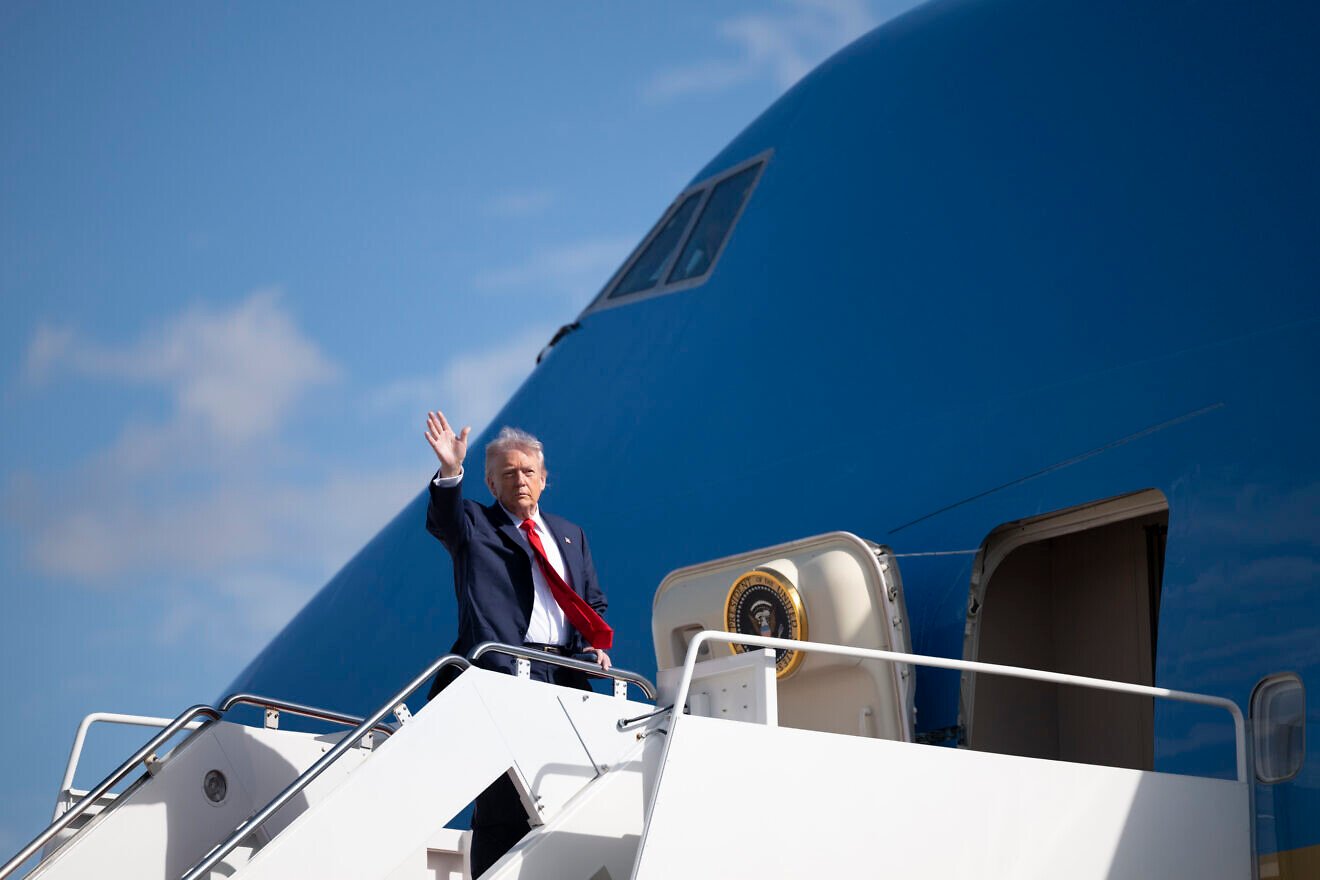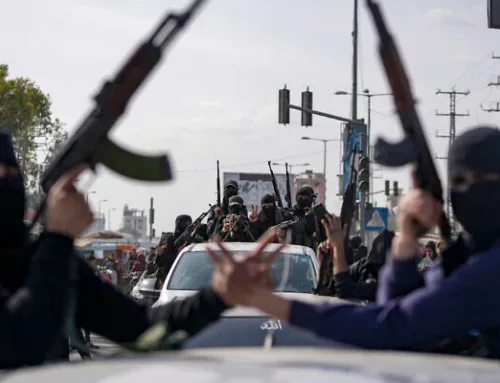If you believe the words within the Holy Bible, yet wonder…how could what is written ever unfold? Or are one who doubts, refuses to believe, imagining what the Holy Bible says can’t possibly happen…
It will all happen.
It’s all happening.
Very easily.
Israel has been, and will be greatly deceived. Israel will eagerly sign a so-called “Peace Treaty” with the Antichrist, believing peace has finally come.
We’re closer to this reality than ever before, and world history as it has been for thousands of years is close to forever changing — the fulfillment of every word within the Holy Word of God…
Read on…
Ken Pullen, Tuesday, November 4th, 2025
Israel’s Identity Fracture: The unraveling consensus —Faith, Fear And Fatigue
Two surveys by the Dor Moriah Center—one on the Arab-Israeli conflict and the other on Trump’s Gaza plan—expose a profound identity fracture.
November 3, 2025
Reprinted from JNS — Jewish News Syndicate & Prophecy News Watch
In today’s Israel, contradictions no longer appear as momentary lapses in logic; they have become the fabric of national discourse. A people that once thrived on clarity of purpose now finds itself entangled in a web of conflicting instincts: a yearning for control and a longing for normalcy, faith in military strength and weariness of endless war.
Two recent surveys by the Dor Moriah Center—one in June on the Arab-Israeli conflict, and another in October on Trump’s Gaza plan—expose not just opinion splits but a profound identity fracture.
Nearly every Israeli has heard of U.S. President Donald Trump’s proposal for Gaza, yet almost none can describe what it entails. Ninety-seven percent recognize the name; only nine percent can outline its contents. It is a kind of political shorthand: to know the brand is to feel informed.
“Trump” and “peace” form a ready-made association, comforting in its simplicity. The plan itself—with its ceasefire clauses, hostages’ return, troop withdrawals and temporary Palestinian administration—remains a distant abstraction. Israelis have substituted recognition for understanding, slogans for substance.
But what truly startles is how Israelis simultaneously embrace annexation and diplomacy. In June, nearly one in three favored full annexation of the West Bank (Judea and Samaria) and Gaza—an act that would obliterate the two-state framework. Four months later, more than 40 percent declared that Trump’s plan—which rests on Palestinian self-governance—suits Israel’s security needs.
The same citizens who demand total sovereignty over occupied territories also support a roadmap premised on Palestinian administration. The contradiction is not hypocrisy; it is exhaustion. Israelis have ceased to believe that coherence matters. They want safety, quiet and victory—whatever those words happen to mean this month.
The military lens only deepens the paradox. A majority believes victory over Hamas will ensure stability, yet two-thirds insist peace with the Palestinians is impossible even after annexation. Stability without peace, control without end. These phrases have become mantras for a generation raised under siege and political paralysis.
Among those who doubt that victory brings results, more than a quarter call for a permanent military presence in Gaza, a circular logic that ensures the problem feeds itself. When strategy fails, the default answer is simply more of it.
And yet perhaps the greatest blind spot lies far beyond Gaza. Asked about global implications, most Israelis admit ignorance of how the plan affects relations with BRICS, Africa, or Latin America. Seventy-one percent believe it could succeed without participation from Russia, China, or India.
That belief belongs to a vanished era. In a multipolar Middle East—where Beijing underwrites infrastructure, Moscow holds military sway in Syria, and India courts Gulf investors—betting solely on Washington is not a strategy but nostalgia. Israeli political thought remains anchored in the 1990s, as if the world still waits for America’s cue.
Still, the missing ideological lens may prove even more consequential. Only 6.7 percent of Israelis think Trump’s plan addresses the Muslim Brotherhood’s ideological network behind Hamas. The rest either think it ignores it or touch it lightly. Even those who describe the conflict as a religious struggle rarely connect that recognition to policy.
The notion that poverty, despair, and social collapse feed radicalism barely registers. Among religious Israelis, fewer than one percent see Gaza’s economic recovery as relevant to security; among seculars, barely five percent. The irony is sharp: a society that knows the power of faith refuses to consider how deprivation fuels fanaticism.
What these polls ultimately reveal is not mere division but disconnection. Religious Israelis rally around annexation, divine promise, and the righteousness of arms; secular Israelis emphasize diplomacy, pragmatism, and regional cooperation.
Each camp speaks its own language of truth; each dismisses the other’s logic. But demographics favor the believers—the group least inclined to compromise and most confident in permanent control. The result is a democracy tilting toward theological certitude, a state guided by messianic realism rather than strategic calculation.
Beneath all this runs something simpler: fatigue. The public no longer trusts any path to peace—not negotiation, not annexation, not even military force. The pendulum swings because motion feels better than stillness.
Israelis support whatever promises momentum, even when it contradicts yesterday’s hope. It is not conviction that drives them, but restlessness, the unbearable weight of waiting for an ending that never comes.
The Dor Moriah findings thus sketch a country that still seeks meaning in contradiction. Israelis believe in annexation but crave peace, reject diplomacy yet look to America for salvation, fear isolation yet ignore the multipolar world taking shape around them.
Everyone has heard of Trump’s plan; almost no one has read it. That single statistic mirrors the larger condition—a society fluent in rhetoric but estranged from reflection.
Until Israel reconciles its instincts with its realities, it will continue to move in circles: strong, anxious and unable to decide whether it wants victory or coexistence, dominance or dignity, control or peace.
RELATED:
Knowing Christ’s Return Is Imminent, What Must We Do To Be Ready?








Leave A Comment
You must be logged in to post a comment.